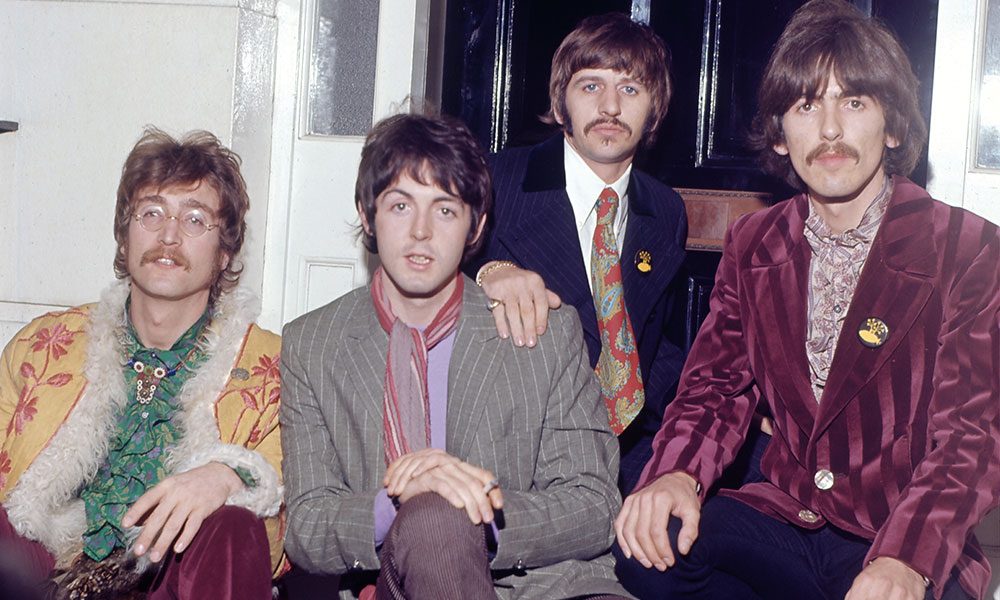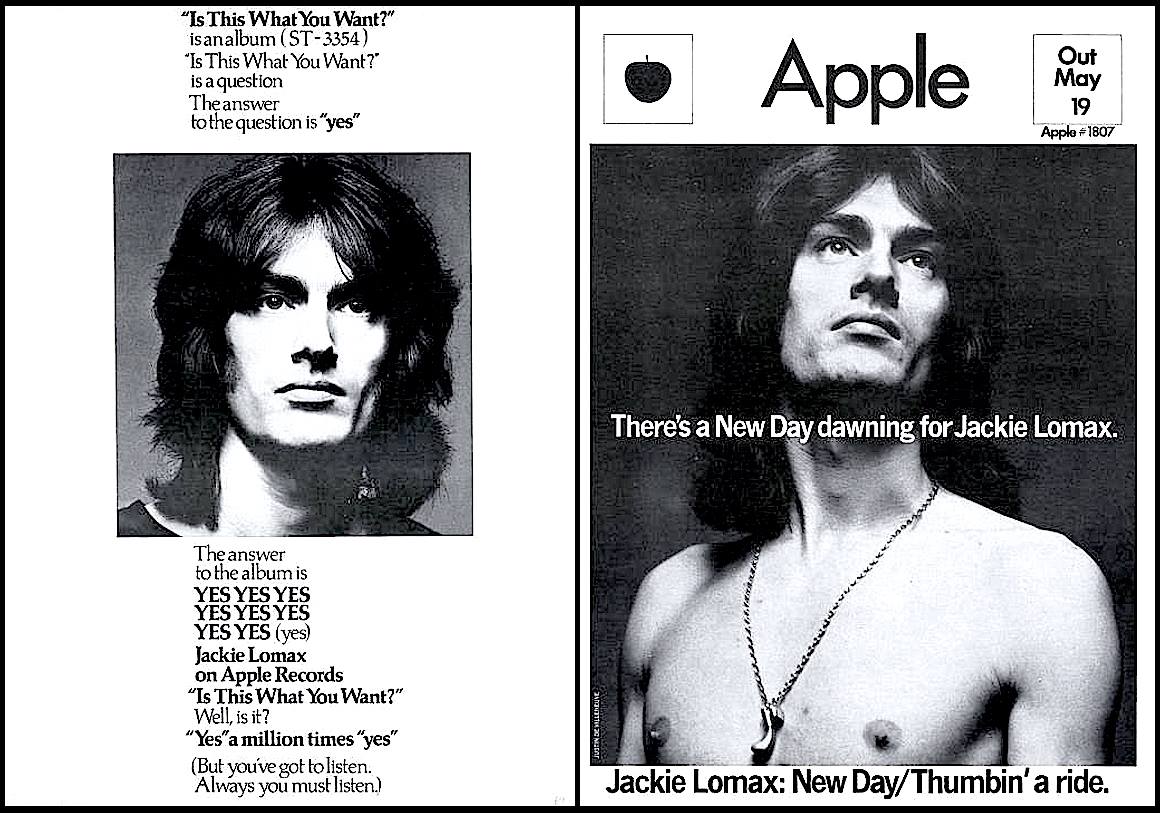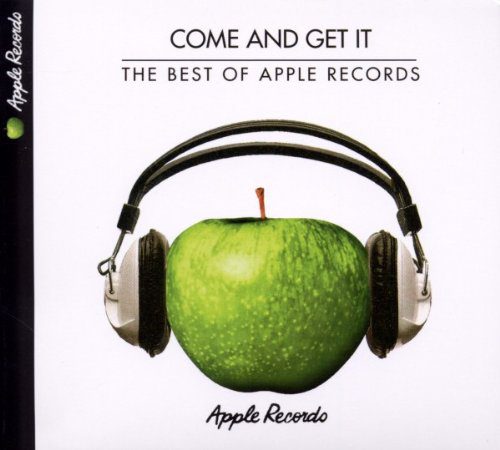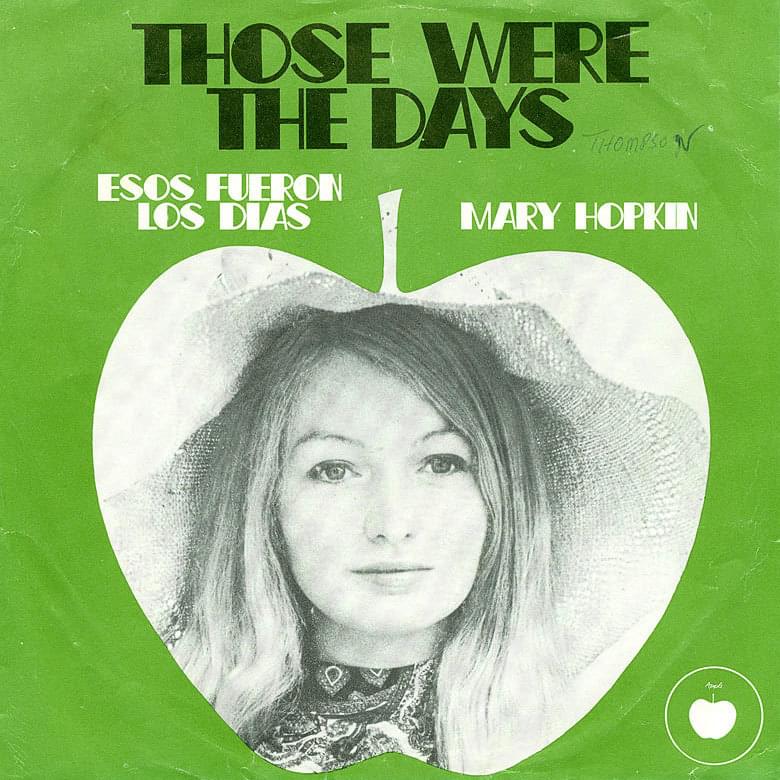
Introduction and Thesis
When one thinks of Apple Music, images of recent artists who top the charts like Drake and Billie Eilish come to mind. Apple Corps Limited, however, is much older, a predecessor of Apple Music, and once served a very different set of artists: The Beatles. Formed in 1968 in London, after their return from India and the death of their manager Brian Epstein, this illustrious band with its infamous members replaced their earlier company, The Beatles Limited. It served as a creative outlet, a means of acquiring more freedom and less tax, as well as laid the foundation for a multi-business conglomerate. This presentation will feature a greater breakdown on the history of Apple, the artists it served, and the subsequent legal battles during the creation of Apple Computers and iTunes.



History of the Granny Smith Apple Company and its Featured Artists
After its formation in 1968, Apple’s chief division Apple Records was followed by Apple Electronics, Apple Films, Apple Publishing, and Apple Retail, as well as Apple Studio in Apple’s headquarters. Apple Records was founded with the intention to be a creative outlet for themselves and other artists, where they would be free to produce media like songs and films. According to npr, “ Just three months after it launched, Apple Records released its first single, ‘Hey Jude’…Apple put out three other singles on the same day it released ‘Hey Jude,’ including ‘Those Were the Days’ by Welsh singer Mary Hopkins” (Rose). This song was produced by Paul McCartney. The Beatles ensured that only the highest quality artists were on their label, as many “freaks” as they called them were begging for recording time and money. Besides themselves and Hopkins, Frank Sinatra, Jackie Lomax with his songs “New Day” / “Fall Inside Your Eyes”, Billy Preston, Yoko Ono, and the British soul band Hot Chocolate Band with their song “Give Peace a Chance” / “Living Without Tomorrow” were recorded on their label. On the cover of some of these albums and singles was a granny smith apple, the label’s logo. When listening to these songs, there is a pervasive soulful element and nostalgic sentiment in all of them.
Some of the Beatles’ biggest hits were released on Apple Records. However, just 2 years after its formation, the band split in 1970 after worsening relationships. Rather bluntly, npr states, “Fallon insists that work did get done at Apple, but despite a string of initial hits, the company was a financial disaster. The film, electronics and clothing divisions didn’t work out. And after the Beatles broke up, Apple seemed to exist mostly to sue people,” (Rose). Which leads us into the next section:
The British Love Tea
Several lawsuits and legal battles ensued after the formation of Apple Computers in 1976, known presently as Apple Inc. In 1978, the first lawsuit was fired by Apple Records for trademark infringement, which settled in 1981 with several thousands dollars and a promise from Apple Computers to stay out of music. The Beatles’ record label sued again in 1989 when Apple’s machine could play songs and again in 2003 when the iPod and iTunes music store were launched, as this was taken as a direct violation of their 1981 settlement. In 2007, Apple Inc. took ownership of all of the trademarks and licensed some of them back to Apple Corps, ending the ongoing legal battles. The entirety of the Beatles’ discography is available on Apple Music today.
Conclusion
“’Everything that John had envisioned — this thing that was going to be records, films and electronics — and 40 years later, we’ve got music, videos and computer all tied together,’” Spizer says. “’And one of the companies that’s exploiting this is Apple. Although it’s not The Beatles’ Apple that’s doing it now,’” (Rose). This quote from npr is a poignant ending to this presentation. While some artists can successfully create their own record label, personal tensions and unresolved problems can only lead to a disastrous end for such an ambitious conglomerate. It existed and by all measures it failed, but the idea of Apple Corps Limited may have served as a basis and inspiration for other artists to form labels and perhaps informed those launching Itunes and Apple Music on how to do so successfully. Its impact is not lost, as they inspired a generation of artists and served as an early influence on all the Apple services we use today.

